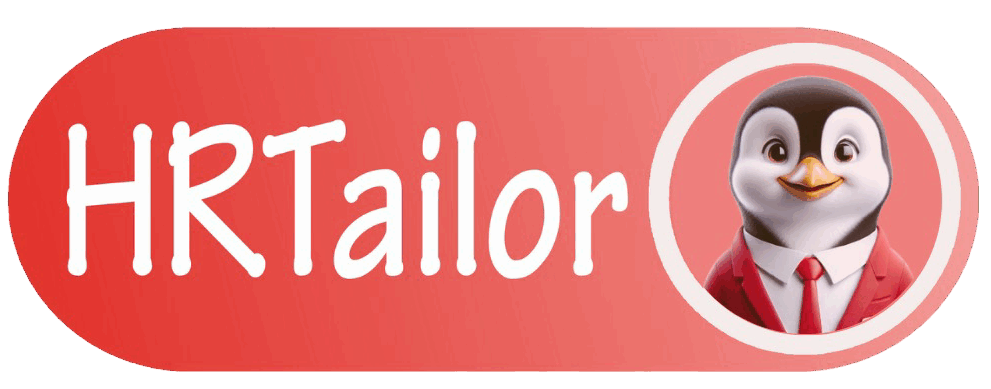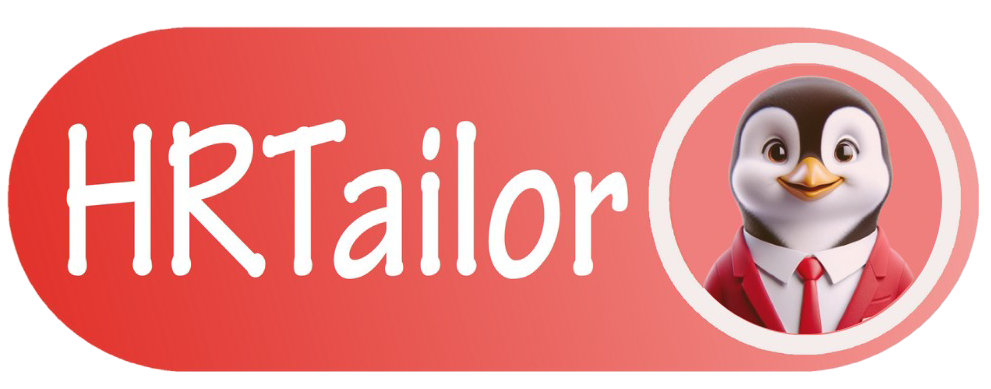HR Guides
HR Setup
An effective HR setup is crucial for establishing a structured approach to managing an organization’s workforce while ensuring compliance with labor laws and industry standards. It involves creating clear policies, designing competitive and compliant salary structures, implementing efficient HR management systems, and maintaining secure employee documentation. Additionally, statutory compliance is a critical component, ensuring adherence to regulations such as provident funds, insurance, and professional taxes. A well-organized HR setup fosters a positive work environment, improves operational efficiency, and supports the long-term success of any organization. Following HR Setup Guides help you stay updated and provide you the neccessary knowledge you need.
HR Setup Guides
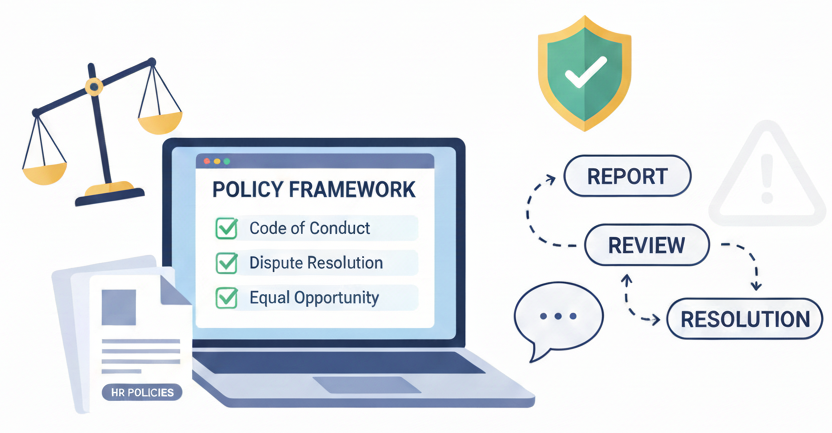
Workplace Conflicts Are Rising — Here’s How Modern HR Policies Are Solving Problems Before They Get Out of Hand
Tensions in teams are higher than ever. Hybrid work has blurred boundaries, messages get misread on chat, and deadlines keep getting tighter. One misunderstanding between colleagues or a careless remark in a meeting can quickly become a serious issue.

How to Set Up an Effective Online HR System for Your Small Business
For small and growing businesses, managing HR in-house can quickly become overwhelming, especially without a dedicated team. The solution? Setting up an online HR system that centralizes everything—from hiring and payroll to performance management and compliance—on one digital platform.

Why Employee Documentation is More Than Just Paperwork
Employee documentation might sound like a mundane topic, but it’s actually one of the most powerful tools in your HR toolkit. Done right, documentation isn’t just about staying compliant—it’s about creating a structured, efficient, and transparent workplace.
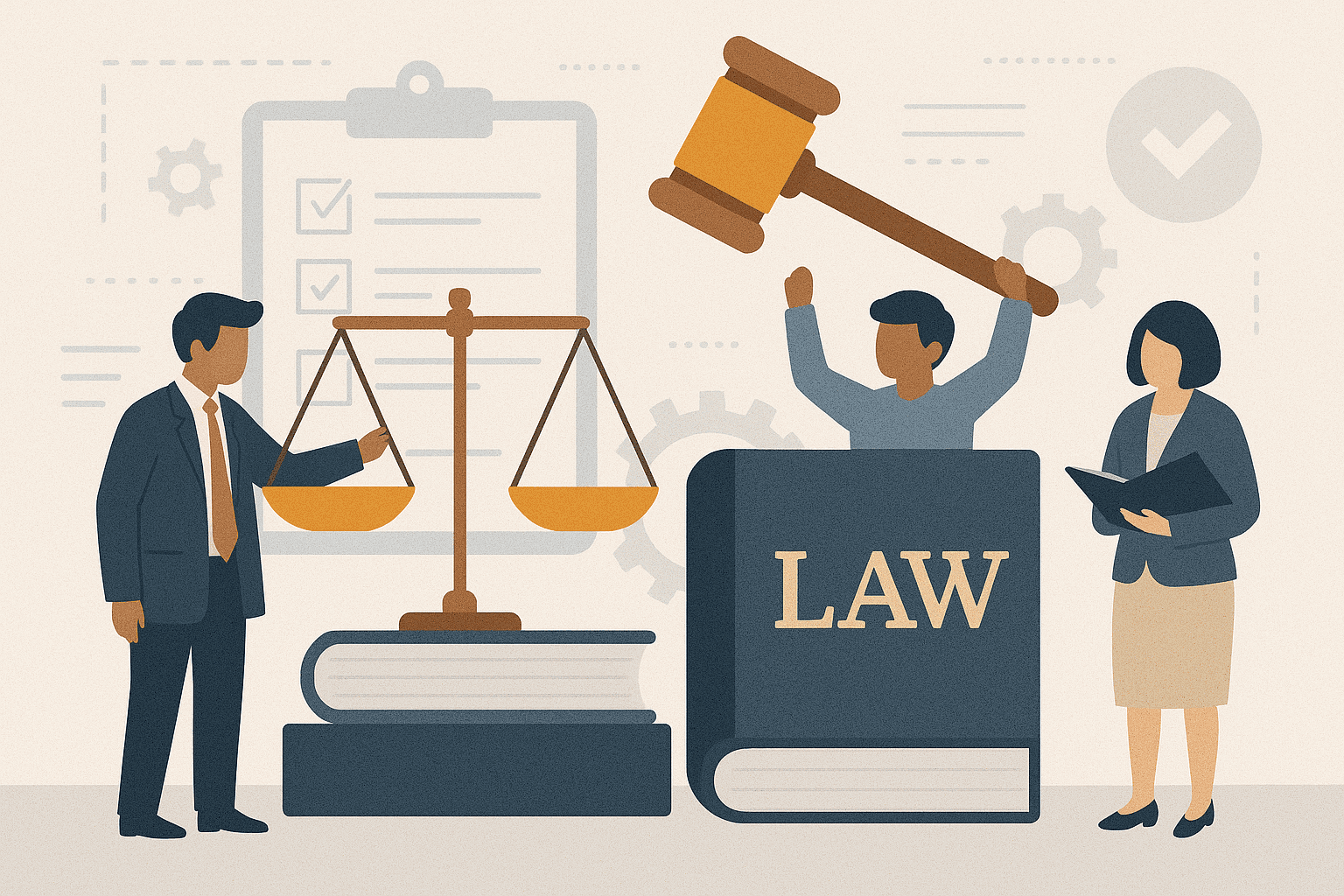
How India’s New Labour Codes Are Changing HR Policies and Workforce Planning
Change rarely arrives quietly. In India’s employment landscape, the introduction of the new labour codes has felt less like a policy update and more like a structural shift. For decades, organizations operated under a fragmented web of laws.

HR Outsourcing vs. In-House Setup: What’s Right for Your Business?
As a business owner, you’ve got plenty of decisions to make. From budgeting and hiring to marketing and product development, your plate is already full. One of the critical choices you’ll face as your company grows is how to handle your HR needs. Should you outsource HR to a specialized provider, or is it better to build an in-house team?

Why Every Business Needs These Essential HR Policies
When it comes to managing a successful business, the importance of a strong salary structure often gets overlooked. We know that competitive pay is a key factor in attracting talent, but a clear, consistent salary structure goes much deeper—it shapes employee motivation, supports company culture, and even impacts the bottom line.

Why a Well-Defined Salary Structure is Essential for Business Growth
When it comes to managing a successful business, the importance of a strong salary structure often gets overlooked. We know that competitive pay is a key factor in attracting talent, but a clear, consistent salary structure goes much deeper—it shapes employee motivation, supports company culture, and even impacts the bottom line.

HR Policies Every Business Must Have in Place Before Hiring Employees
When building a successful business, clear HR policies are crucial. They create a framework for a professional, compliant, and efficient workplace. Before you hire your first employee, implementing key policies ensures you protect your business, meet legal requirements, and foster employee trust.

HR Setup for Remote Teams: Best Practices to Manage a Distributed Workforce
The remote work revolution is here to stay, and businesses that embrace this shift need to adapt their HR strategies. Managing a distributed workforce is no easy feat—issues like communication gaps, compliance challenges, and employee disengagement can quickly derail productivity.
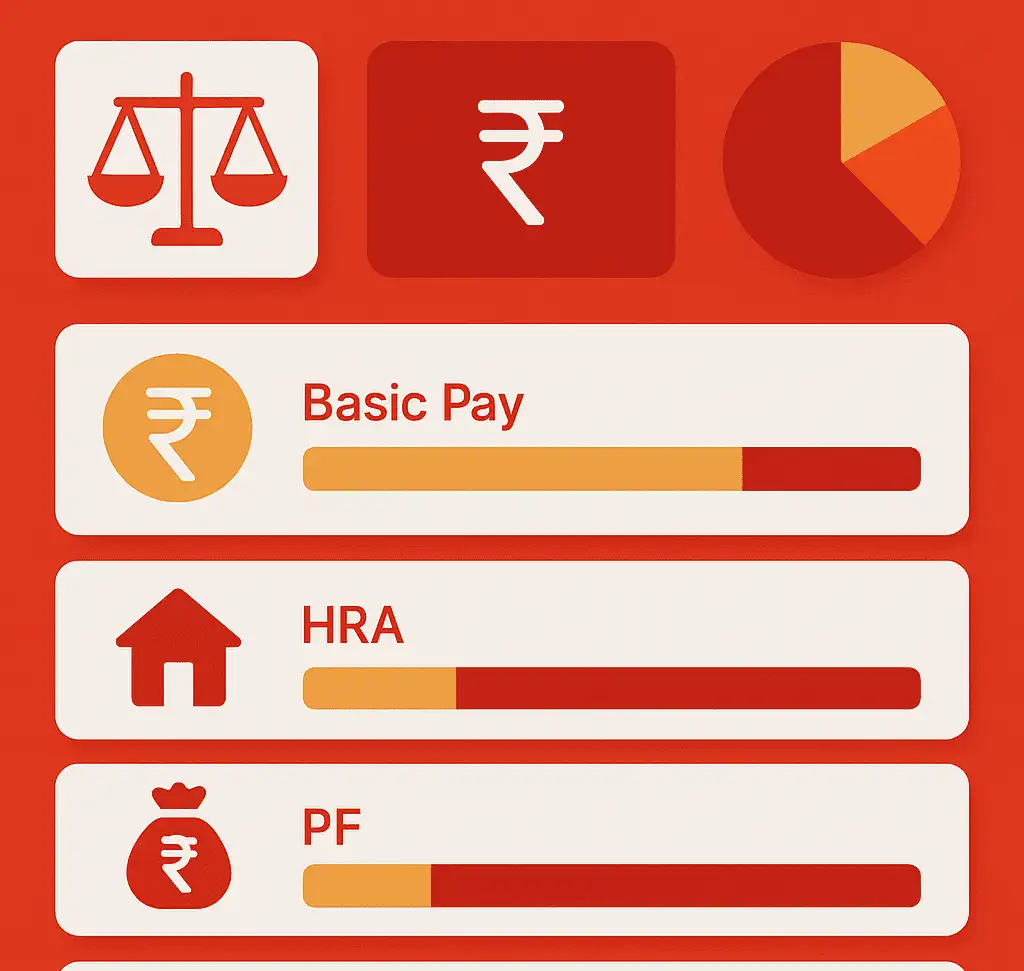
Company Salary Structure in India: What’s Standard, What’s Changing
Explore how salary structures in India are evolving with changing regulations, employee expectations, and business needs. This blog covers standard components and emerging trends. A useful guide for HR and finance teams shaping competitive compensation plans.

The Real Value of Digitizing Employee Documentation
Discover how digitizing employee documentation streamlines HR processes, enhances data security, reduces paperwork, and improves compliance—saving time, space, and costs while empowering smarter workforce management.
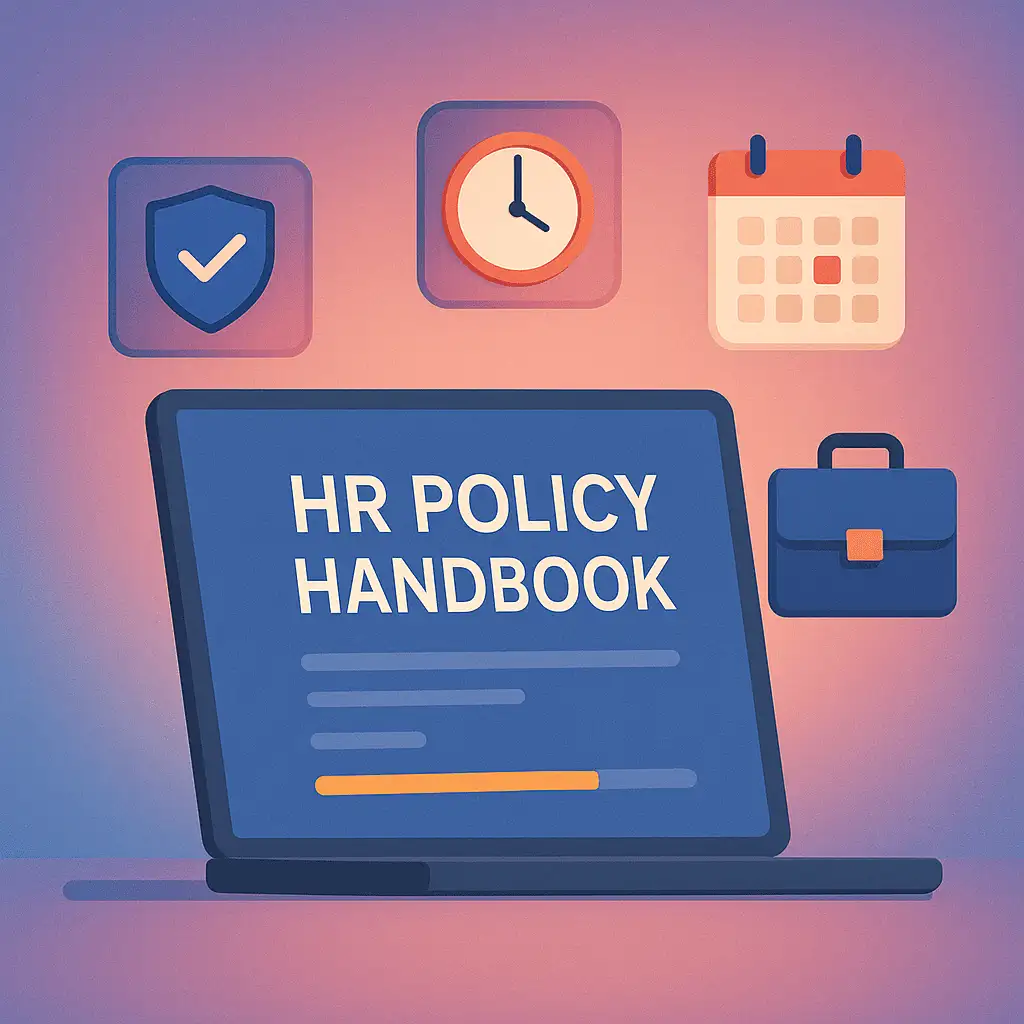
Building HR Policies That Actually Work for Remote & Distributed Teams
Explore how to craft effective HR policies tailored for remote and distributed teams—covering communication, accountability, flexibility, and compliance to foster a productive and connected virtual workplace.
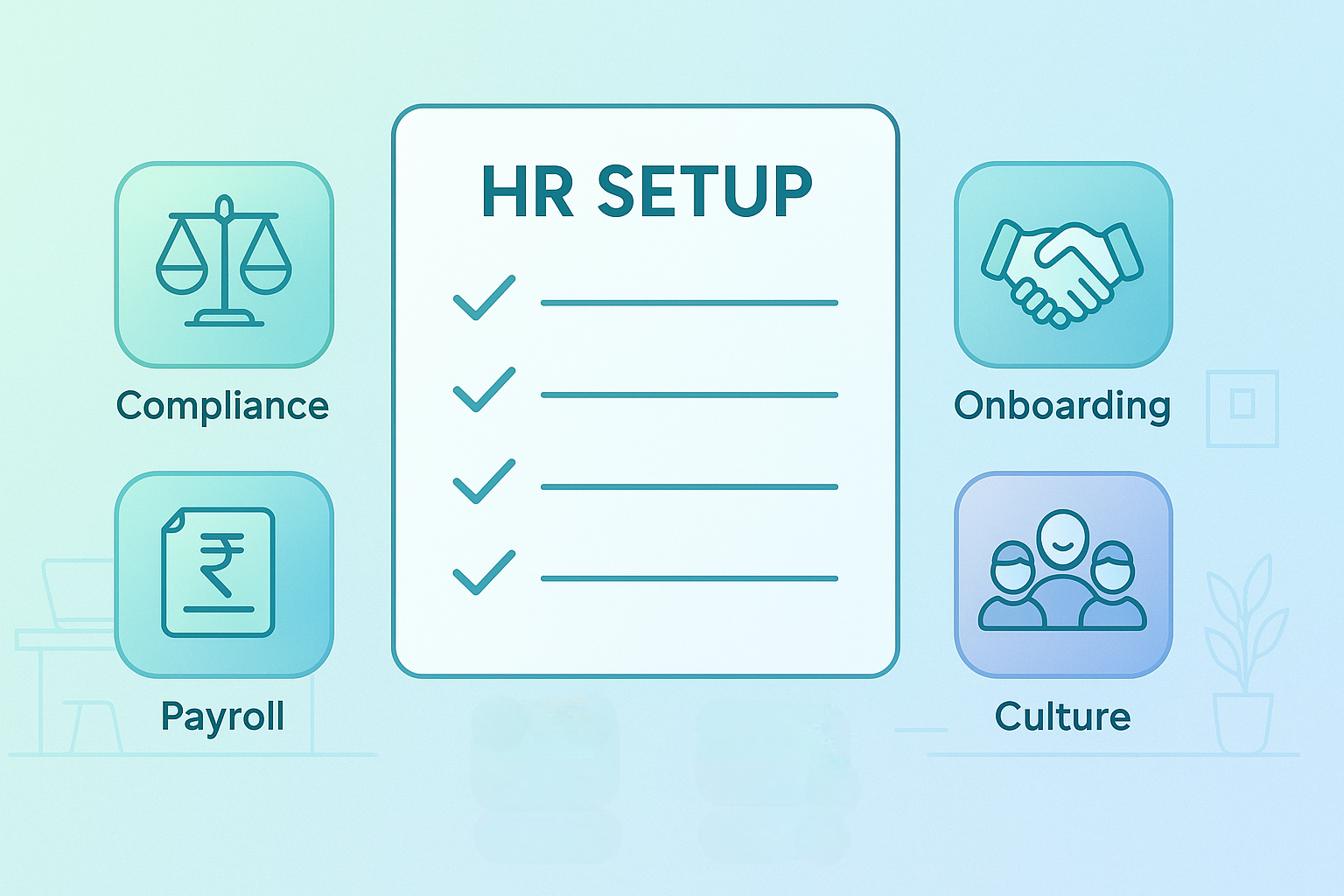
What is HR Setup? Step-by-Step Guide for New Companies in India
Setting up HR in India is more than payroll—it’s compliance, policies, and people management. This step-by-step guide simplifies HR setup for new companies so you can focus on growth while building a strong foundation.

HR Setup for Startups vs. GCCs: What’s Different and Why It Matters
A deep-dive into how HR setup differs for lean startups versus large GCCs in India. From hiring pace and compliance demands to culture, tech adoption, and employer branding, this guide shows why understanding those differences can make or break business growth.

The Hidden Costs of Delaying HR Setup in a Growing Business
Growth is exciting, but skipping proper HR setup can quietly erode your business. Learn how delaying HR systems leads to legal penalties, employee churn, efficiency losses, and financial losses — and what you can do to avoid them.

Updating Your HRM Policies for Wage, Gratuity & Overtime Changes After New Labour Codes
If you’re a founder, director or HR head in India right now, you’ve probably seen the charts doing the rounds on social media about the new labour codes. Basic salary up. Gratuity sooner. Salary date earlier. Overtime at double pay. Full & final within two working days.

Why Strong Onboarding Processes Are Key to Retention in 2026 Workplaces
Hiring in 2026 comes at a high cost. Businesses invest significant time, money, and effort to bring the right people on board. Yet many Indian companies still see new employees leaving within the first three to six months and struggle to understand why.

How HR Can Improve Employee Well-Being and Retention Using Simple Policies
Most leaders agree that people are their most valuable asset. Yet in many organisations, employees experience something very different on a daily basis. They work late without clarity on overtime, worry about when salaries will actually be credited, and wait weeks for full & final settlements after resignation. Over time, stress builds, trust erodes, and high performers quietly begin searching for alternatives.

Workplace Conflicts Are Rising — Here’s How Modern HR Policies Are Solving Problems Before They Get Out of Hand
Tensions in teams are higher than ever. Hybrid work has blurred boundaries, messages get misread on chat, and deadlines keep getting tighter. One misunderstanding between colleagues or a careless remark in a meeting can quickly become a serious issue.
